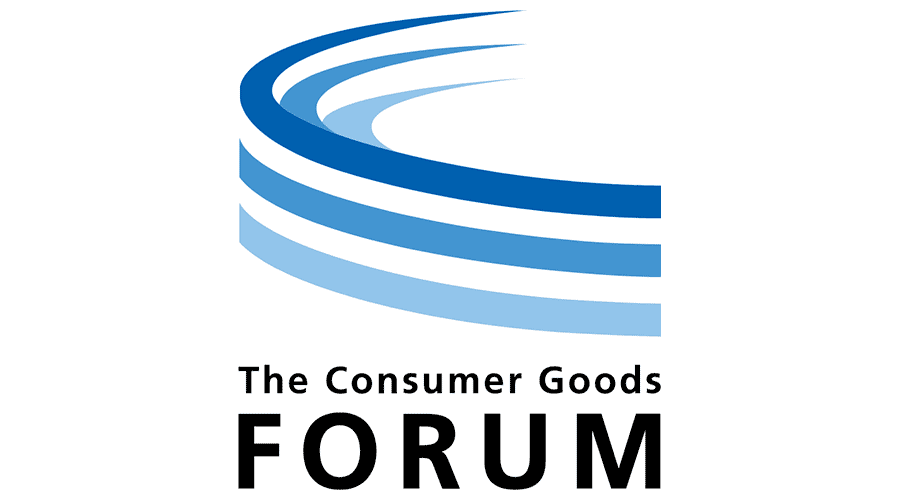
Chief executives at leading grocery retailers and consumer goods companies see supply chain visibility and personalisation as key drivers of growth, according to a new joint research paper by PwC and The Consumer Goods Forum.
The report, launched today at The Consumer Goods Forum’s 2021 virtual Global Summit, interviewed 16 leaders from the consumer goods industry and identified what they envisioned for the future. The paper found that COVID-19 underlined the urgency of making supply chains more transparent by addressing environmental and business concerns, and that technology will drive the hyper-personalisation of products and offers from retailers.
Consumer goods leaders agreed that further digitisation of the supply chain, enabled by blockchain and AI, will be needed to gain the real-time visibility of a product’s origin, which consumers increasingly demand. More than half of consumers (55%) in PwC’s 2021 Global Consumer Insights Survey say they agree that transparency and traceability are important factors when buying products.
Companies are also looking to adopt more local and regional sourcing practices that reduce environmental impact, help stabilise the supply chain, and promote community engagement. This is driven by an increasing consumer preference to support local businesses. 52% of consumers globally say they have been doing more to support local businesses and independent retailers since the pandemic started.
“Changing consumer behaviours have made sophisticated digital capabilities a must for CEOs, with the emphasis on creating a digital chain-of-custody and ensuring traceable sourcing. The challenge for companies will be to re-examine their supply chains to develop a deeper understanding of risk in terms of sourcing and potential disruptions while considering alternative, sustainable sourcing practices.” said Sabine Durand-Hayes, Global Consumer Markets Leader, PwC.
The report also found that a wide range of industry changes, accelerated by COVID-19, are likely to last. These changes include the fusing of physical and online worlds in retail, ESG being recognised as one of the key drivers of corporate value, and the growing demand for healthier, sustainable and personalised product offerings.
According to leaders, brands that can meet consumer demands for greater relevance, care and personalisation can realise benefits that ultimately go to the bottom line. These findings suggest that while trust might not be a physical asset, it can have tangible business results. The more consumers trust brands, the more willing they are to engage with them and share personal information, creating a virtuous circle that benefits both parties.
“With changing consumer demands and a wide range of information and preferences available, retailers and consumer packaged goods companies now face the challenge to prove they care for the planet and its people and are able to deliver more personalised products and shopping experiences in a way that is cost-effective. Those companies that find the right balance will convert trust into brand equity. We are confident our members can be at the forefront of the change that is needed as we look to build better lives through better business,” said Wai-Chan Chan, Managing Director, The Consumer Goods Forum.

For more information visit The Consumer Goods Forum



